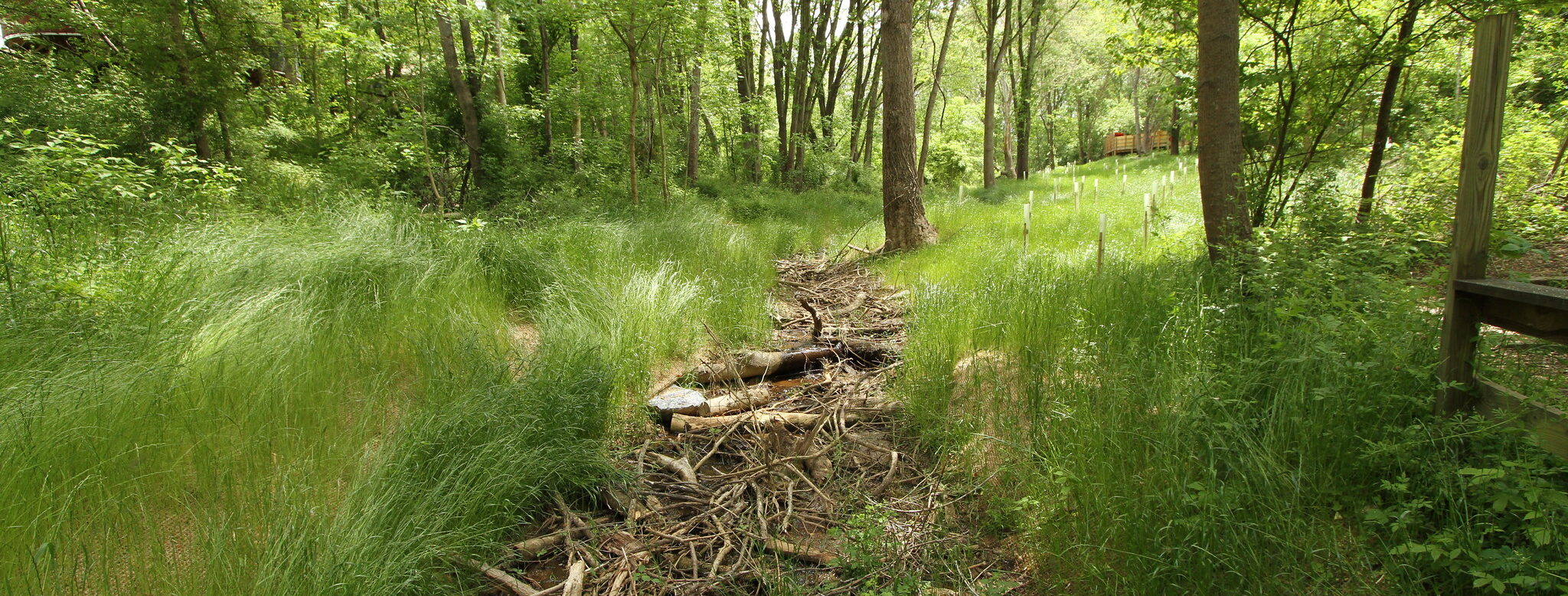Maintaining Forests in Stream Corridor Restoration
A recent, rapid increase in the implementation of stream restoration projects in the Chesapeake Bay watershed has led to growing controversy over the short-term adverse impacts of these projects on streamside forest buffers. Stream restoration may also contribute to long-term impacts on the riparian community as delayed tree loss occurs due to altered water levels, soil compaction, and other effects from the adjacent construction activity. Both stream restoration and forest buffers are a significant component of state plans to restore the Chesapeake Bay by 2025; therefore, the EPA Chesapeake Bay Program has a vested interest in promoting synergy between efforts [...]








